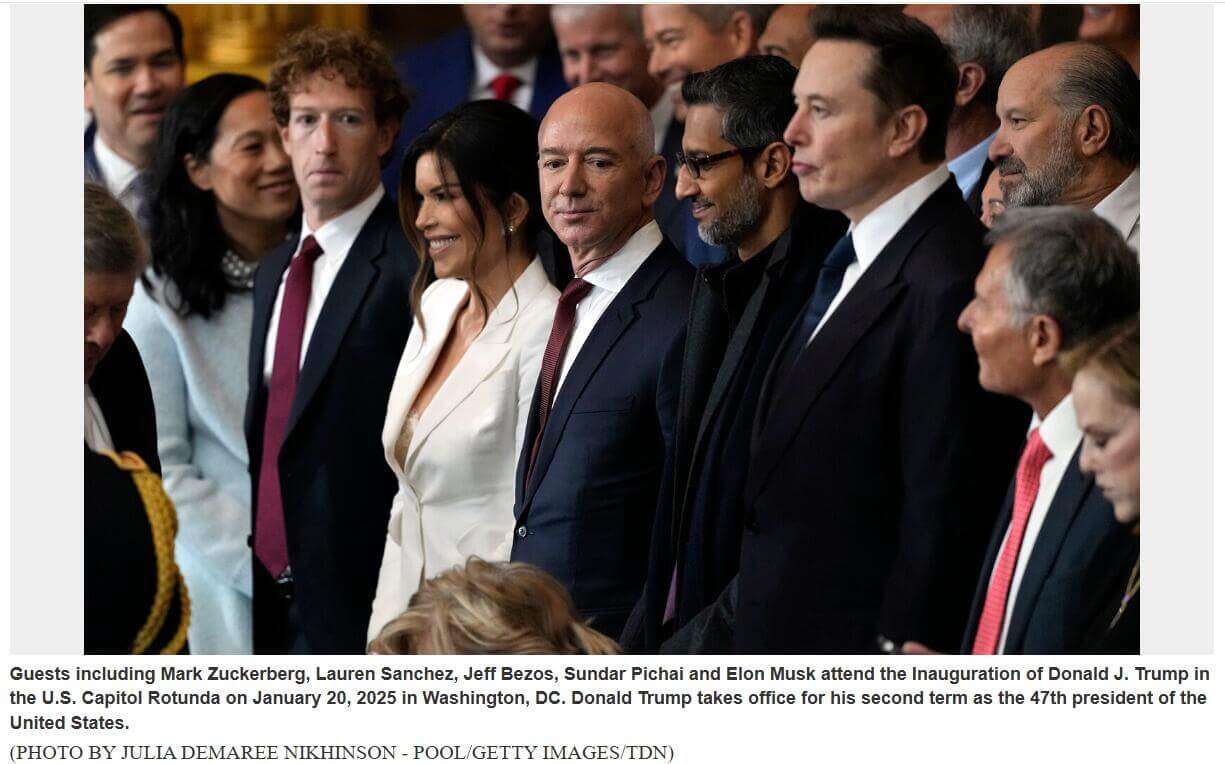
Amazon’s recent decision to shut down all seven of its Quebec warehouses, laying off more than 1,900 workers, is more than just another round of corporate restructuring—it’s a flashpoint in the ongoing battle between multinational corporations and labor unions. The Confédération des syndicats nationaux (CSN), representing the affected workers, has wasted no time launching legal action, seeking to annul the layoffs, reopen the warehouses, and secure compensation for employees.
The timing of Amazon’s move is suspect, coming less than a year after the successful unionization of its DXT4 warehouse in Laval—the first Amazon facility in Canada to achieve this milestone. Amazon insists the closures are part of a “strategic shift” aimed at optimizing its North American delivery model. However, labor advocates see it differently, arguing that the timing suggests retaliation rather than efficiency.
An Amazon spokesperson stated, “Our goal is to align operations with evolving market demands,” but did not directly address concerns about union-busting. Amazon has indicated a willingness to discuss the matter with Canadian and Quebec officials but has not signaled any intention to reverse its decision.
This lack of transparency is fueling skepticism, particularly among workers who see a pattern reminiscent of past corporate tactics. CSN president Caroline Senneville didn’t mince words in a press conference, calling out Amazon’s reasoning as a smokescreen:
They’re not fooling anyone. The only reason for Amazon to have a different business model just for Quebec is that there’s a union here and an arbitrator could have imposed a first collective agreement as early as the summer of 2025.”
If this sounds familiar, it’s because it is. In 2005, Walmart shut down a store in Jonquière, Quebec, shortly after workers unionized—a move the courts later ruled was a violation of labor law. Now, history appears to be repeating itself, only this time, Amazon is the corporate heavyweight on the defensive.
Canada’s Growing Discontent with American Mega-Corporations
Beyond the immediate labor dispute, Amazon’s decision has ignited broader political and economic tensions. Industry Minister François-Philippe Champagne has suggested that the federal government could reevaluate its business relationship with Amazon, including contracts with Amazon Web Services. If that happens, the financial stakes could extend far beyond a few warehouses.
Meanwhile, the CSN is upping the ante by urging the public to hit Amazon where it hurts—its bottom line. The union is calling for a boycott, encouraging Canadians to stop shopping on Amazon and cancel their Prime subscriptions. Given the rising anti-American corporate sentiment fueled by U.S.-Canada tensions—most recently exacerbated by President Trump’s tariff threats—this call to action may find a very receptive audience. Prime Minister Justin Trudeau said in a recent press conference, “Canadians are more united than ever.”

A Bigger Fight Than Just Amazon
At its core, this battle isn’t just about one company or even one industry—it’s about the growing friction between corporate behemoths and the workers who fuel their profits. The pandemic solidified Amazon’s dominance, but it also heightened awareness of the often-precarious conditions for its workforce. Unionization efforts, once seen as nearly impossible in Amazon’s high-turnover, high-pressure environment, are gaining momentum.
Amazon’s CEO Jeff Bezos’ latest public appearance only fuels accusations of his corporate opportunism. Once critical of Donald Trump threat to democracy, Bezos was front and center at Trump’s 2025 inauguration, alongside other tech giants like Mark Zuckerberg and Elon Musk. His presence signals a stark reversal from his 2016 warnings about “Trump’s authoritarian tendencies” are “eroding our democracy”. Rather than ideological alignment, Bezos’ attendance suggests that his business interests take precedence over past political stances. To be fair, he may have had a genuine change of heart, but for many employees and consumers, his shifting stance only deepens uncertainty about where he truly stands.
The outcome of the CSN’s lawsuit remains uncertain, but one thing is clear: This isn’t just a labor dispute—it’s a test case for the power dynamics between multinational corporations, governments, and organized labor in an era of economic turbulence. Amazon may be accustomed to controlling the narrative, but in Quebec, the fight is far from over.
An avid book reader and proud library card holder, Angela is new to the world of e-Readers. She has a background in education, emergency response, fitness, loves to be in nature, traveling and exploring. With an honours science degree in anthropology, Angela also studied writing after graduation. She has contributed work to The London Free Press, The Gazette, The Londoner, Best Version Media, Lifeliner, and Citymedia.ca.
